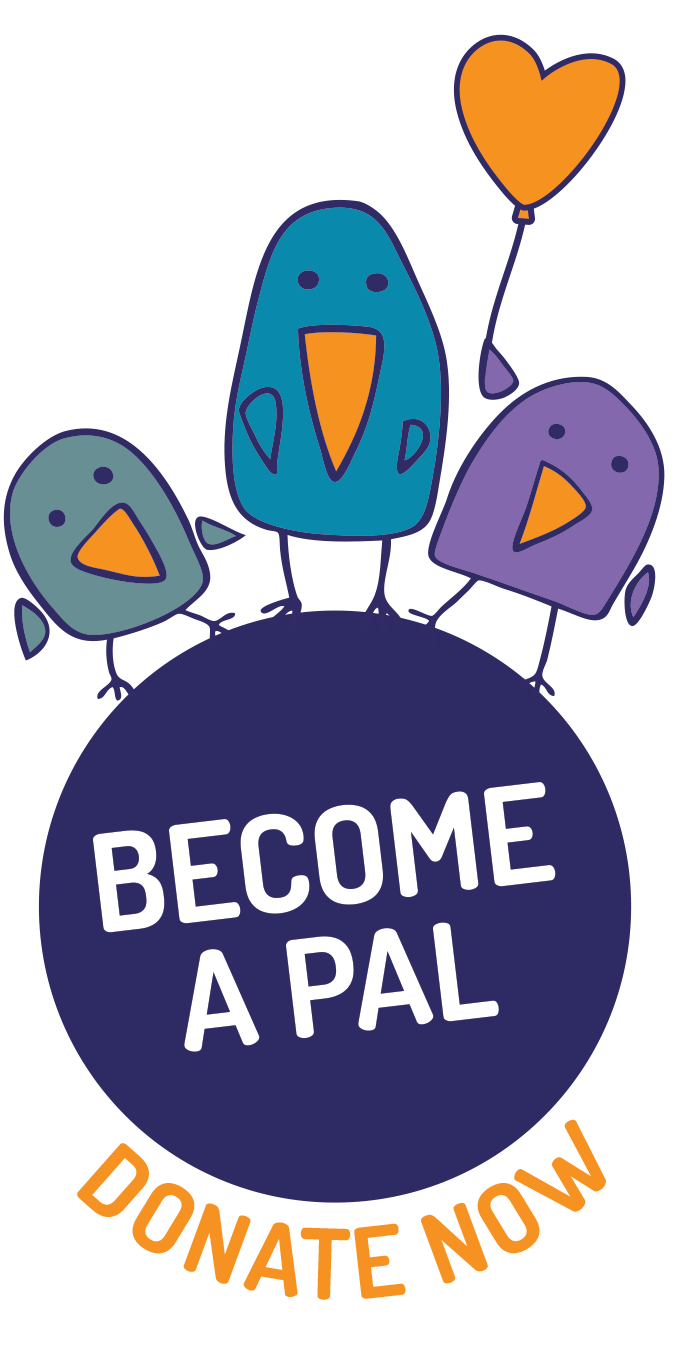Nursing
The Peninsula Home Hospice nursing team consists of Specialist Palliative Care Nurses who have a lot of experience with palliative care issues including symptom management.
When you are referred to Peninsula Home Hospice one of the nursing team members will visit you at home for an initial assessment. During this initial visit, the nurse aims to identify particular palliative symptoms such as:
- Pain
- Feeling Sick
- Shortness of Breath
They will discuss with you what you may need in terms of support at home and answer questions you may have.
The Specialist Palliative Care Nurse does not provide general nursing care, such as hygiene and wound care but can help organise other services if needed.
Your Specialist Palliative Care Nurse communicates with you, your family, your GP and specialists, and other service providers to help us all work together. This can include discussing changes to medication with your GP.
Counsellor/Caseworker
All clients receiving palliative care at home will be introduced to a palliative care Counsellor/Caseworker. Counsellor/Caseworkers are experienced in supporting people who are dealing with a life limiting illness. They can provide support to you, your family and the community around you.
This Includes
- The Physical
- Spiritual
- Emotional
- And social aspects of wellbeing
They offer information on accessing community supports such as:
- Home Help
- Personal Care
- Respite
- Financial Support
Your Counsellor/Caseworker will visit you in your home and can also offer counselling at the Peninsula Home Hospice offices individually or together as a family. Family meetings can help families communicate, plan and cope better in challenging times.
Medical Support
Peninsula Home Hospice medical support is provided to you by your general practitioner,(GP) who with Peninsula Home Hospice is responsible for your care. Your GP and /or your specialists will provide you with the prescriptions you need to manage your health. Your palliative care nurse will liaise with your GP about extra medications you may need.
Peninsula Home Hospice also has the support of a Specialist Palliative Care doctor. This doctor is available to support your GP and Peninsula Home Hospice staff to make sure your care is ideal and that your medical needs are met.
Spiritual Support
All members of the palliative care team provide care for the spirit. Sometimes people would like more of this. A member of the team trained specifically in spiritual care at the end of life is available to you and your family in the home or Peninsula Home Hospice office counselling rooms. Spiritual care is available to people of all religions, faith and traditions and includes those who identify no faith or are unclear of their beliefs.
Slowing things down, giving the spirit a chance to catch up through mindfulness, prayer, sacraments.
- Connecting to your sources of love, healing, peace and beauty, comfort and reassurance
- Inspirational literature, scripture, sacred music/song, holding vigil space and rituals/ceremonies
- Significant dreams, visions and peak spiritual experiences
- Questions around meaning of life, death and after death
- Fears and hopes for ourselves and others
- Legacies and how we share our memories, wisdom and gifts
- Letting go, saying goodbye and grieving
- Experiencing unresolved suffering
- Dealing with issues of guilt or forgiveness
- Connection with clergy, church or faith communities
- Meditation
- Guided relaxation
Client Resource Advocate
The Client Resource Advocate coordinates referrals for practical services, and assists with funding and advocacy when needed. The Client Resource Advocate works with the team to link you into the following supports:
Respite Options:
Aged care assessment, in- home respite, permanent care, respite care
In home Services:
Council services including home help, personal care, shopping, Meals On Wheels and NDIS
Financial Concerns & Government Assistance:
Centrelink, superannuation, welfare and financial assistance
Planning Ahead:
Powers of Attorneys, Advance Care Plan, will and funeral planning.
Occupational Therapy
Occupational Therapy is a valuable part of the holistic service provided to our clients and their families/carers, as it supports clients to carry out every day activities.
This may include:
- Assessing for mobility aides
- Giving advice for more practical set up of bathrooms, toilets (eg. rails)
- Assisting clients with techniques to better manage shortness of breath and limited energy, to make life more comfortable and safe
- Practical support to help clients maintain independence and wellbeing
- Referrals to other community services as required.
Client Care Volunteers
Peninsula Home Hospice Client Care Volunteers provide support to clients and carers by offering assistance with a range of everyday activities, including:
- Weekly visits to provide social support and have a chat
- Taking clients out for a drive or an outing
- Assistance with shopping and errands
- Spending time with clients while the carer is out of the home (respite)
- Helping people get to Peninsula Home Hospice activities or other appointments from time to time
- Assistance to write about or record details of your life, that you can share with family
- Helping people to live their lives as fully as possible
Volunteers are matched with clients so that there is a regular volunteer who gets to know their client and offers consistent support. Client Care Volunteers can reduce feelings of isolation for those living on their own. They can allow carers to reconnect to regular activities, knowing that there is someone with their family member while they are out.
All Peninsula Home Hospice volunteers complete extensive training and have the support of the Manager of Client Care Volunteers. Volunteers can offer up to four hours of support each week, with options for extra support if needed. Volunteers can be involved at any time while a person is a client of Peninsula Home Hospice.
Art Therapy
Art Therapy provides a neutral starting point to explore life changes using visual art forms. It can be used as an alternative to talking when words fail, to support your experience and as a concrete way to form, develop and access strengths.
Art therapy can assist with:
- Physical symptoms such as pain, sleeplessness, loss of appetite and physical losses
- Life issues including change, burden, loss, anxiety, stress, conflict and grief
- Accessing your own style of ‘art’, enhancing life through developing creatively
- Helping you discover drawing, painting, sculpture, collage, printmaking, photography, digital art, online art book making and journaling
- Starting or finishing a project such as making a legacy gift for someone
- To simply enjoy the process of learning about and making art for yourself.
Music Therapy
Music is beautiful and alive, and adds to your quality of life in a creative way. Music Therapy can be stimulating or relaxing for the mind, body and spirit.
Using music can:
- Improve well being
- Address sleep disturbances and increase your quality of sleep
- Provide enjoyment and bring a sense of vitality
- Tap into your imagination and memories
- Help you to strengthen your identity
- Soothe you in just the right ways
- Leave a legacy/history via song.
A Registered Music Therapist is available to visit you and your family at home, offering a range of things depending on how you feel on that day. Music Therapy is for all ages and abilities – you DO NOT need a background in music to enjoy music therapy.
Sometimes the best way to know if it may be helpful is to talk with the Registered Music Therapist who can explain things more.














